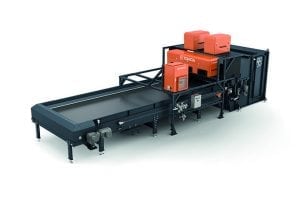
If PET is PET is PET to a standard optical sorter, Tomra’s new Sharp Eye technology isn’t standard.

If PET is PET is PET to a standard optical sorter, Tomra’s new Sharp Eye technology isn’t standard.
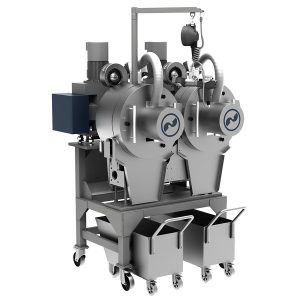
For more than two decades, Erema’s Laserfilter has been used to remove contaminants from polyolefin melt streams. A year ago, the company released a PET version, and the market interest has been strong, according to the Austria-headquartered company.
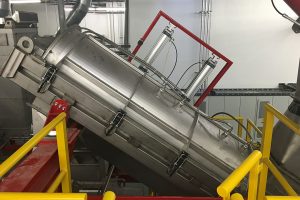 Flake-washing equipment from Italian equipment company Amut removes contaminants from flake via centrifugal force.
Flake-washing equipment from Italian equipment company Amut removes contaminants from flake via centrifugal force.
 A new Tomra system adds laser technology to the sort line, increasing product purity without slowing throughput.
A new Tomra system adds laser technology to the sort line, increasing product purity without slowing throughput.
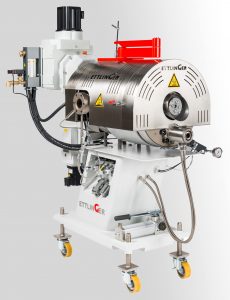 A new melt filter from Ettlinger is designed for handling heavily contaminated plastic loads and achieving high throughputs.
A new melt filter from Ettlinger is designed for handling heavily contaminated plastic loads and achieving high throughputs.
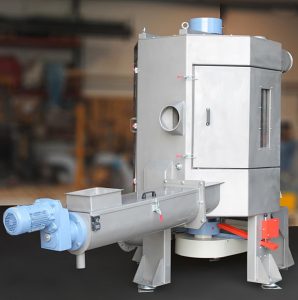 Herbold’s HVT dryer model employs a vertical setup to tackle regrind from PET bottles, hollow bodies, polyolefins and other plastics.
Herbold’s HVT dryer model employs a vertical setup to tackle regrind from PET bottles, hollow bodies, polyolefins and other plastics.
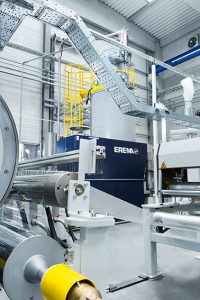 A crystallization dryer from EREMA allows PET reclaimers to retrofit their existing lines to sell into the higher-value food and drink packaging sectors.
A crystallization dryer from EREMA allows PET reclaimers to retrofit their existing lines to sell into the higher-value food and drink packaging sectors.
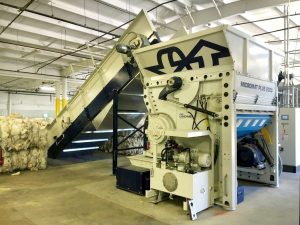 A tailor-made washing line from Georgia-based Lindner reSource America has at its core a combination of shredders and wash components, which ultimately convert post-consumer HDPE milk jugs into usable flake.
A tailor-made washing line from Georgia-based Lindner reSource America has at its core a combination of shredders and wash components, which ultimately convert post-consumer HDPE milk jugs into usable flake.
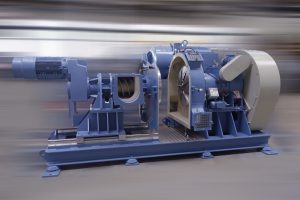 When densifying certain materials, gravity can fall short of what’s needed to feed low-density bulk plastics into the equipment. That’s why Herbold Meckesheim USA has developed a force-feed mechanism for its line of HV Plastcompactor Densifiers.
When densifying certain materials, gravity can fall short of what’s needed to feed low-density bulk plastics into the equipment. That’s why Herbold Meckesheim USA has developed a force-feed mechanism for its line of HV Plastcompactor Densifiers.
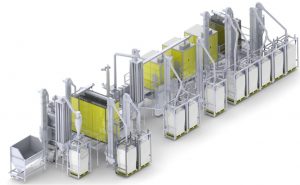 Electronics and appliances present an attractive source for reclaimed plastics, but technical challenges can often inhibit recovery. Many of the e-plastics are black, which can make separation by polymer difficult.
Electronics and appliances present an attractive source for reclaimed plastics, but technical challenges can often inhibit recovery. Many of the e-plastics are black, which can make separation by polymer difficult.

